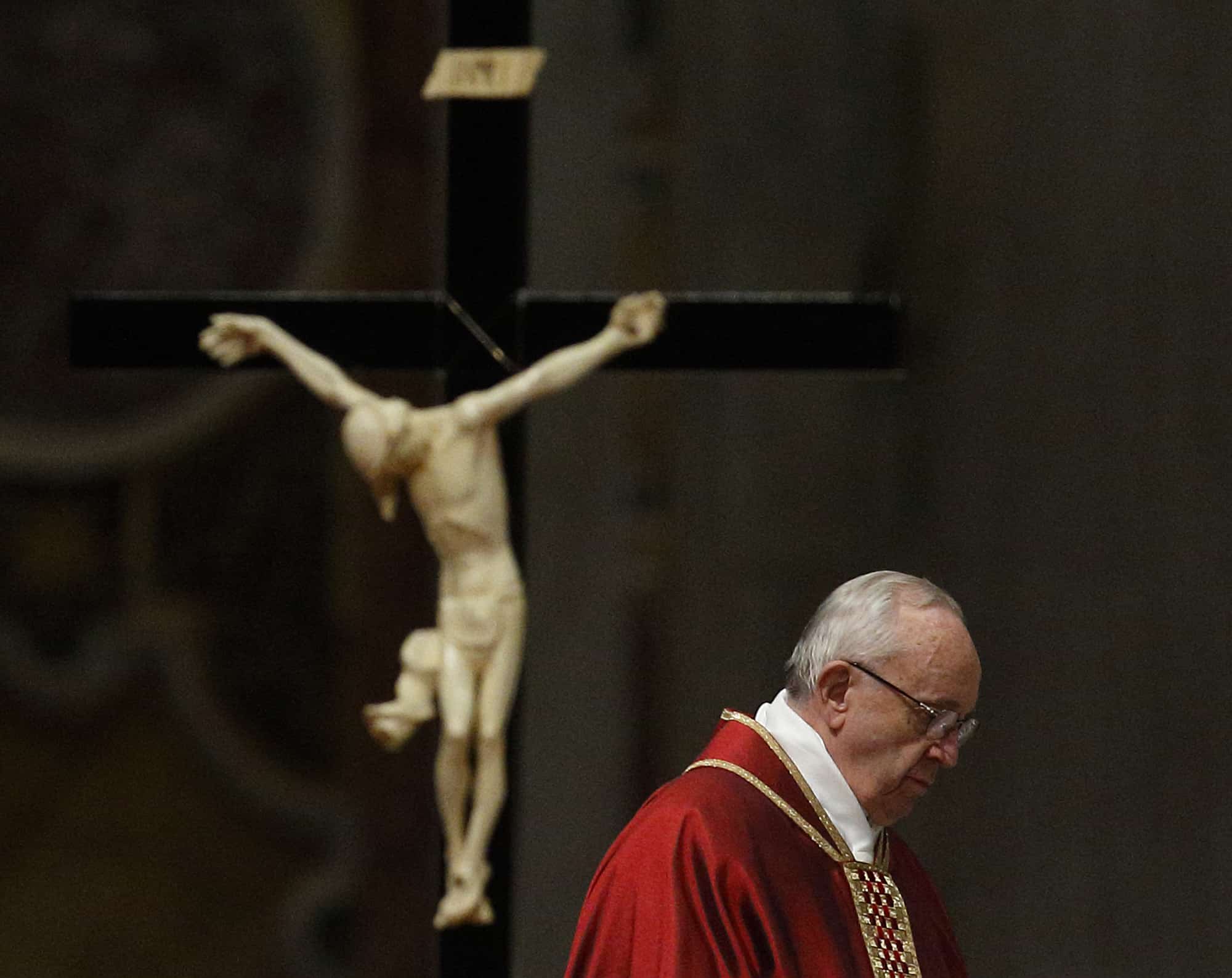In response to TJP reporting on the clerical sex abuse crisis, many readers have challenged our ability to weigh in on moral and spiritual issues. Comments ranged from “The time for words is over, let’s see some action” to “You have lost all credibility. Let others deal with this.” The recent Kaepernick piece also elicited similar comments, especially ones suggesting we set our own house in order before criticizing others.
And it’s not just TJP. Many priests, bishops and other church leaders have received similar responses to their own messages.
Within the Christian world, the burning question often seems to be whether politically conservative or liberal Christians will win the day. A 2017 New York Times article, for instance, painted the life of the Church in terms of the contest between “progressive, center-left Catholics” and “center-right Catholics.” What was sadly notable about the article was not its reduction of ecclesial matters to political ones, but how well it really captured the self-understanding of many Christians: caught up in a game to be the authoritative public face of Christianity.
But the anger, disappointment and frustration directed at us and others raises a more fundamental question than whether conservative or liberal Christians will prevail: will any religious group retain any credibility in the public square?
Put simply: much of the world has a hard time believing that the Church preaches Christ. They suspect and even fear that Christians are just like everyone else, that we are really trying to manipulate them. After all, if the Times can assimilate ecclesial life so effortlessly within our toxic political narratives, then what’s so special about the Church?
This does not mean that they are hostile to religion. But if they are not always hostile to religion, they are often apathetic. It is not obvious to them why they should take religion seriously. They need to be given reasons. Recent news headlines are not giving them that.
This speaks to the word play in my title: end as demise, and end as purpose. Christians have to regain credibility, and not just to avoid the demise of our public influence. We have to regain credibility because Christ commissioned us to proclaim the Gospel, and our public scandals have greatly reduced our ability to preach it.
We need to seek reform through both institutional and personal conversion: institutional reform that shows our rejection of violence and power, and personal conversion freely chosen that brings us all closer to sanctity. Both have to show that we are who we say we are: sinners, but forgiven.
And, somehow, we will have to share that message with one another. We owe that to each other. We owe that to the world.
***
This article is a continuation of TJP’s November ’18 midterm elections series focused on faithful and discerning citizenship.


